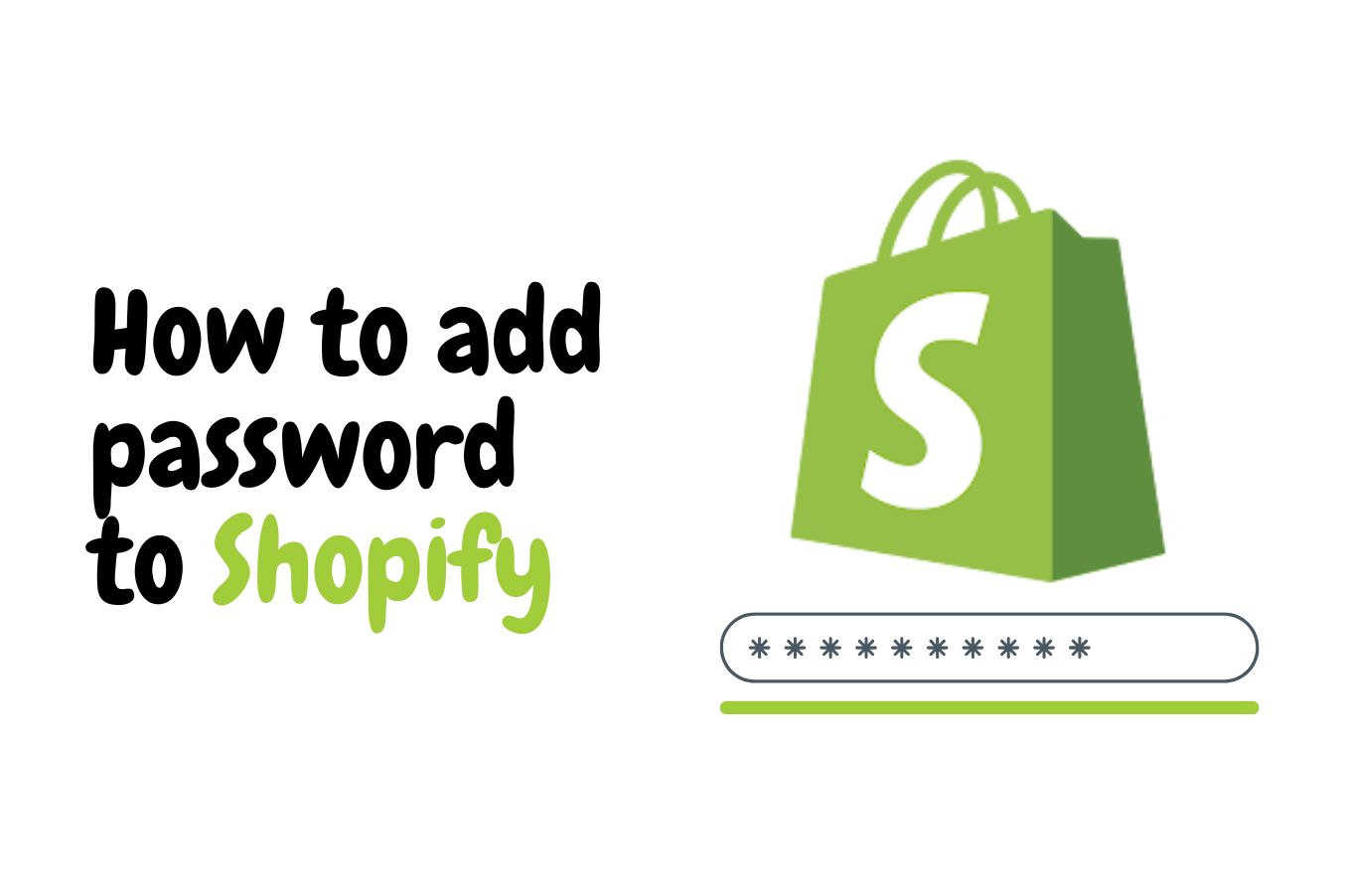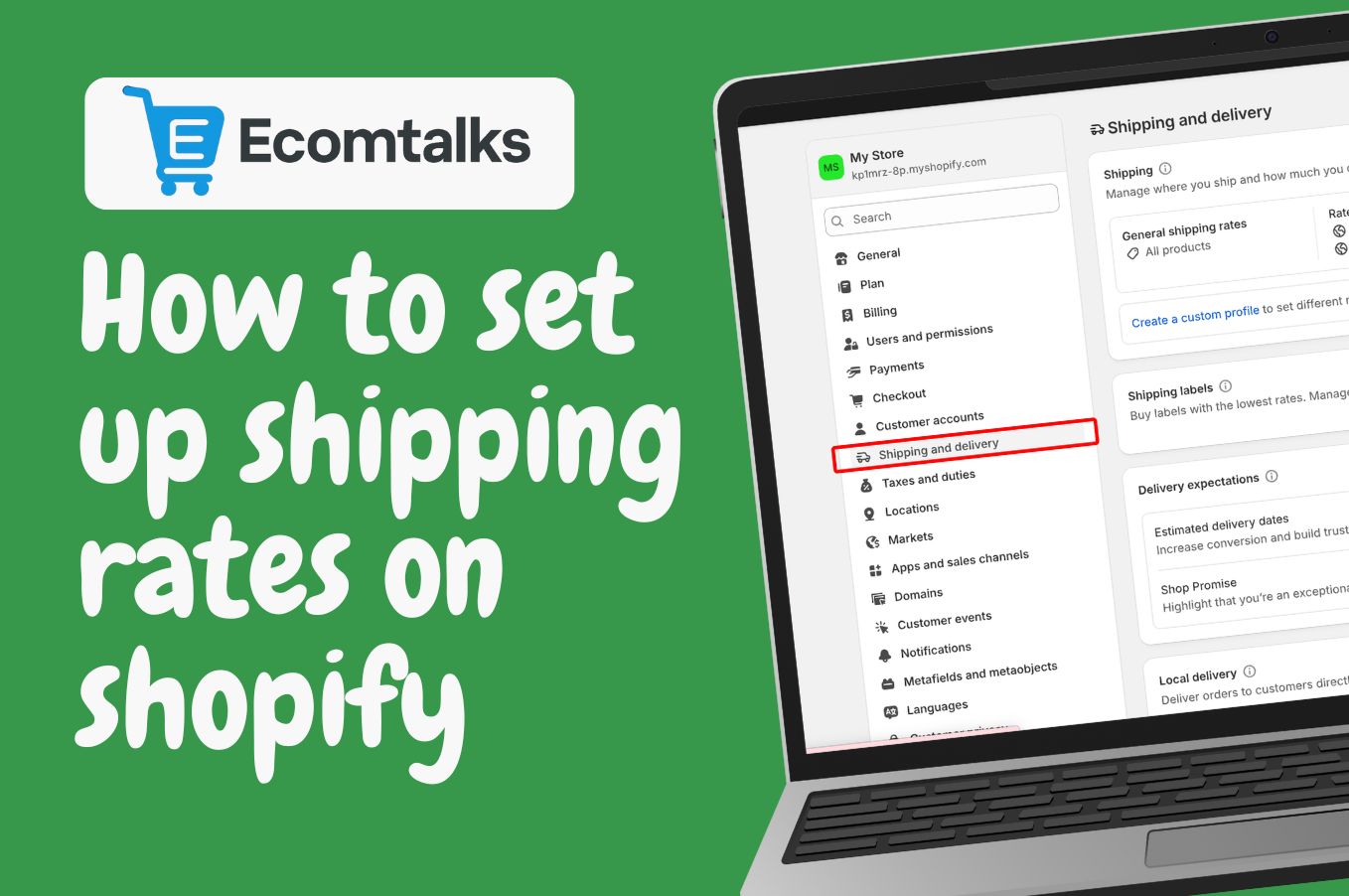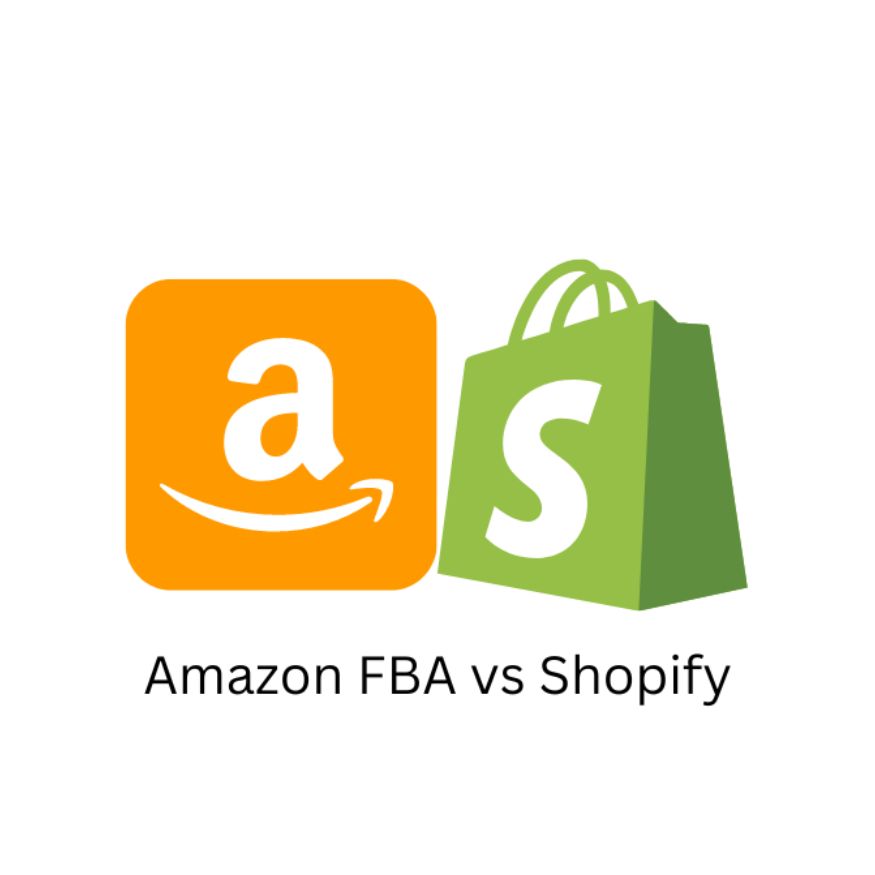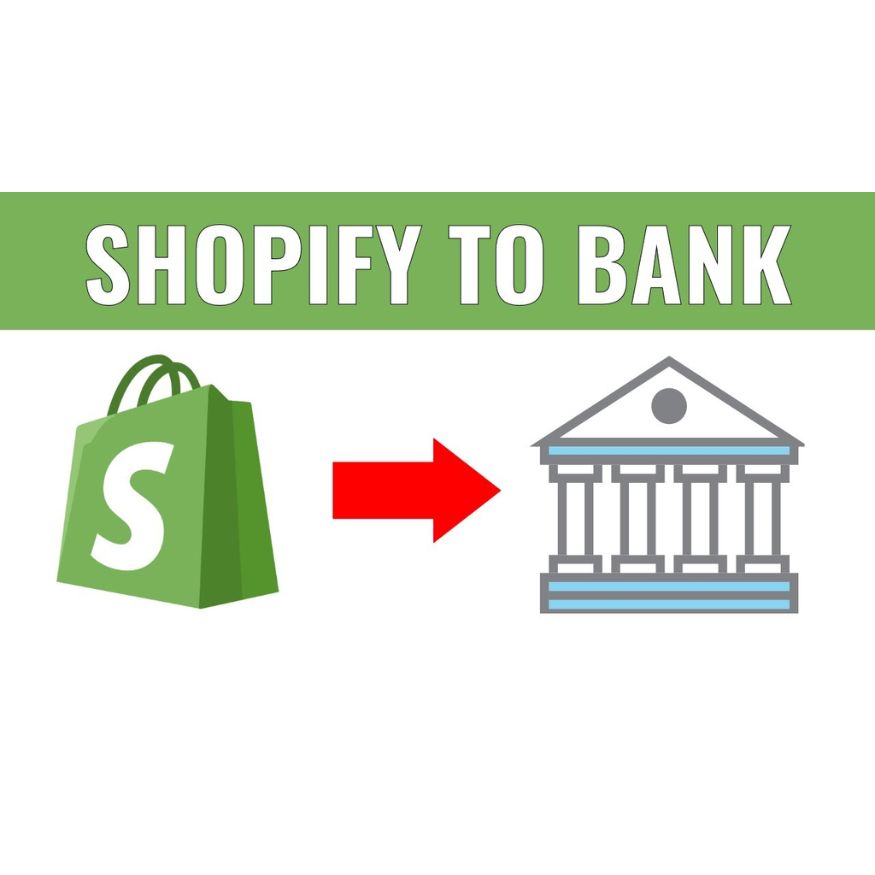Another word for ecommerce: Most popular alternatives
When we talk about "ecommerce" (electronic commerce), we often think of buying and selling goods over the Internet. However, in many contexts, using alternative terms for "ecommerce" can help diversify your content, improve SEO performance, and reduce redundancy.
In this article, we’ll explore another word for ecommerce and alternative phrases for "ecommerce" in marketing and online business contexts. We’ll also dive deeper into the nuances, use cases, and implications of these terms across different sectors.
Top eCommerce Synonyms
When talking about “ecommerce,” there are plenty of ways to put it depending on your audience and purpose. Some words highlight the shopping experience, others focus on the digital system behind the scenes, and some capture the broader world of online business.
Here are six of the top eCommerce synonyms to keep in mind:
- Online Shopping – Perfect for emphasizing the simple joy of browsing and buying online.
- Digital Commerce – Covers the full digital ecosystem, ideal for enterprise and B2B contexts.
- Online Business – A broader term that includes blogging, courses, freelancing, and more.
- Internet Retail – A formal, industry-focused way to talk about online sales and operations.
- M-commerce (Mobile Commerce) – Highlights mobile-first shopping, apps, and payments.
- Online Marketplace – Refers to platforms where multiple vendors sell to customers, like Amazon or Etsy.
1. Online Shopping
"Online shopping" is perhaps the most intuitive and user-friendly alternative to "ecommerce". It places the focus squarely on the consumer experience—the act of browsing, selecting, and purchasing products through the Internet.

While “ecommerce” can sound more technical or business-oriented, “online shopping” speaks directly to the average consumer’s journey. It taps into a psychological narrative: convenience, instant gratification, and variety.
Use Cases:
- Retail blogs and product reviews
- Holiday shopping campaigns
- Mobile app promotions
Example Usage:
"Online shopping has revolutionized the way consumers purchase everyday goods without leaving their homes."
2. Digital Commerce
"Digital commerce" is a term gaining traction in enterprise and B2B contexts, where businesses seek to go beyond simple transactions. This term is used in whitepapers, SaaS sales pitches, and digital transformation strategies.
Unlike “ecommerce,” which can suggest a storefront-only model, “digital commerce” covers a complete digital ecosystem: AI-driven personalization, AR/VR for product visualization, social commerce integration, and unified data systems.
Use Cases:
- Enterprise-level strategy discussions
- SaaS product websites
- Financial technology white papers
Example Usage:
"Digital commerce platforms now integrate AI to personalize user experiences across channels."
3. Online Business
“Online business” is another word for ecommerce but it is broader, encompassing more models like blogging, coaching, freelancing, and selling digital products. It’s a strong choice when addressing solopreneurs, creators, and digital nomads.

If you're building content around how to make money online, “online business” allows you to capture a much wider audience than the ecommerce niche alone.
Use Cases:
- Entrepreneurial content and blogs
- Startup guides and tutorials
- Online course websites
Example Usage:
"Starting an online business requires understanding both marketing and logistics in the digital realm."
4. Internet Retail
This term is more formal and industry-specific. It refers to the sale of consumer goods and services over the Internet, often with a focus on retail operations, fulfillment, and customer management.
Use Cases:
- Retail industry reports
- Logistics and fulfillment software
- Market analysis content
Example Usage:
"Internet retail has opened up global markets to small and medium-sized businesses."
5. E-business
E-business is often used to describe all digital operations within a company. This includes ecommerce but also covers areas like inventory management, CRM, digital workflows, and intranet communications.
Use Cases:
- Digital transformation consulting
- Corporate strategy documents
- Business process automation platforms
Example Usage:
"E-business encompasses all digital operations, from supply chain management to customer service."
6. M-commerce (Mobile Commerce)
With mobile usage overtaking desktop in many parts of the world, "m-commerce" is no longer a subsegment—it’s becoming the norm. This term emphasizes the importance of mobile-optimized platforms, apps, and payment systems.
Use Cases:
- Mobile app development
- UX/UI optimization
- Location-based marketing strategies
Example Usage:
"M-commerce is projected to account for over 70% of all ecommerce sales by 2026."
7. Online Marketplace
An online marketplace refers to a digital platform where multiple vendors sell to customers, often managed by a third party. Amazon, Etsy, and Alibaba are well-known examples.

Use Cases:
- Marketplace startup pitches
- Seller onboarding guides
- Consumer comparison reviews
Example Usage:
"Selling on an online marketplace allows small vendors to reach millions of customers worldwide."
8. E-tail / E-retail
"E-tail" is a shorthand version of "electronic retail"—a term that blends traditional retail vocabulary with the digital environment. It often appears in more technical or academic content.
Use Cases:
- Business education materials
- Investor pitch decks
- Trend analyses in retail innovation
Example Usage:
"E-tail strategies must adapt to changing consumer expectations around speed and personalization."
9. Cross-border Ecommerce
This another word for ecommerce is crucial for companies engaged in international trade. It involves selling products across different countries via online platforms, dealing with issues like currency conversion, customs, and global logistics.
Use Cases:
- International expansion strategies
- Shipping and logistics platforms
- Compliance consulting
Example Usage:
"Cross-border ecommerce enables brands to access new markets while navigating international regulations."
Another word for ecommerce FAQs
1. What is the difference between ecommerce and e‑business?
Ecommerce focuses on online buying and selling, while e‑business covers all digital business activities, including internal processes.
2. What does digital commerce mean?
Digital commerce includes ecommerce plus the broader digital ecosystem, such as AI personalization and multi-channel integration.
3. Is m‑commerce the same as ecommerce?
M‑commerce is ecommerce done via mobile devices, optimized for apps and mobile-friendly experiences.
4. Can “online shopping” replace ecommerce?
Yes, especially when highlighting the customer experience rather than business operations.
5. What is a cross-border ecommerce?
It refers to selling products online to customers in other countries, with challenges like currency, taxes, and shipping.
6. Are “e‑tail” or “e‑retail” the same as ecommerce?
Yes, these focus specifically on online retail and are often used in business reports.
7. When should I use “online business” instead of ecommerce?
Use it for broader online ventures, including services, courses, or digital products, not just selling goods.
8. Is an online marketplace considered ecommerce?
Yes, marketplaces like Amazon or Etsy are platforms where multiple sellers sell online.
Conclusion
Each alternative term for "ecommerce" carries distinct connotations and is best suited for specific contexts and audiences. Skillfully using synonyms like "online shopping," "digital commerce," or "internet retail" not only improves your content’s SEO but also makes your writing more engaging and contextually relevant.
By employing varied and strategic language, your ecommerce-focused website or blog can reach a broader audience, improve user experience, and increase conversion rates.
Not sure where to start with ecommerce? Our Ecommerce Basics section breaks everything down step by step so you can get up to speed in no time.








.jpg)
.jpg)